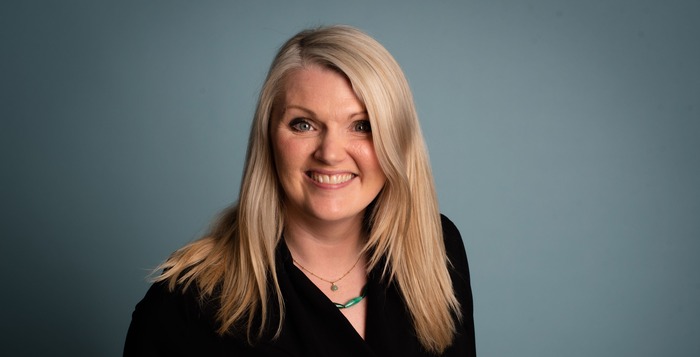Writing for ICAEW Insights, our Head of Sustainability Myfanwy Neville urges accountants not to overlook ESG (environmental, social and governance factors) in their daily decision-making.
In October 2022, North London-based accounting firm BKL announced that it had become a certified B Corporation, or ‘B Corp’, meaning that it had met high standards of “verified social and environmental performance, public transparency and legal accountability to balance profit and purpose”.
Four months later, the firm explained what the B Corp certification pathway had involved and how it had helped the firm to thread an environmental, social and governance (ESG) outlook throughout its entire business.
This coming October, two years on from BKL’s announcement, the firm’s Head of Sustainability Myfanwy Neville will take part in a panel discussion at ICAEW’s 2024 Annual Conference. She joins ‘What risks are you not accounting for? The danger of overlooking ESG’ along with UN Global Compact Network Executive Director Steve Kenzie and KPMG Head of UK ESG Richard Andrews.
Bear traps and pitfalls
In Neville’s experience, business size has a major influence on the stages that companies have got to on their ESG journeys. Large corporations are already in the early days of grappling with issues around nature and biodiversity. But for SMEs, which form much of her client base, ESG is only just starting to get into the boardroom.
That is a cause for concern. “The biggest issue is not appreciating that the old, commercial lens omits a wider range of risks and opportunities than are actually present in today’s business world. We need to start asking, ‘What are the implications of climate risk for our organisation, or this business we would like to work with? What do they have in their supply chain that could cause us problems either now, or in the future?’”
Neville points out that many SMEs still think of ESG as “an extra pair of glasses to put on”, rather than keeping their commercial and sustainability outlooks interlinked. As such, they could be laying bear traps for themselves that may catch them further down the road.
She says: “Some of the key questions to ask include: Are we looking at our full horizon of risks? What are the potential pitfalls?”
A business may think it is making a considered investment because it is weighing up the range of issues it used to think about. But it may be on the brink of buying into a new sector or business area that could be depleted in just a few years’ time due to changing attitudes and risks.
On that point, Neville has a dual role at BKL as one of the firm’s Property and Construction Experts, covering sectors that are undergoing enormous change as a result of ESG. From that vantage point, she says: “Large organisations are having to put in place net-zero plans for every single one of their buildings. Who’s to say they’re not selling properties that currently have a great market valuation, but are too expensive to future proof? A risk here is that one of my clients could unwittingly be looking to buy up one or more of those assets – because someone will be.”
Shifts in the dial
Another key risk that companies could run into, Neville points out, is to be seen by their peers as ’dinosaurs’ or behind the curve for not engaging with ESG. As a result, they could be excluded from vital conversations or tenders because they are perceived within their sectors as failing to fully consider their risk profiles.
“A company could quickly be perceived by investors as ‘needing an ESG clean-up’, if they haven’t started thinking about these things. That could result in an investor walking away from a deal, or requiring significant investment in the post-acquisition phase to put additional structures in place,” Neville says, noting for any doubters that this is all based on what is happening in the real world.
She explains: “If I look at CBPE, a private equity firm we’re working with, they’ve put a significant focus on their portfolio companies going through an ESG programme. And I know that B Corp is one of the things they liked best about BKL, as they could see we were already on the journey.”
Neville is eager to take part in the Conference panel and convey what she has learned to finance professionals in other companies.
“Anyone who knows me knows I’m super-passionate about anything to do with creating positive change in business,” she says. “BKL started out as more of a traditional accounting firm with different ideas on how to operate and now we’re a B Corp. That means we’re in a process of continuous improvement, finding out more as time goes on about how the B Corp badge translates into practical realities.”
This article was originally published by ICAEW Insights and is also available on the ICAEW website here.
Myfanwy Neville will be speaking at the ICAEW Annual Conference in October. Find out more here.
Myfanwy and our sustainability experts can help your business to balance profit, planet and people. Learn more about our sustainability consultancy here or get in touch for a chat.


